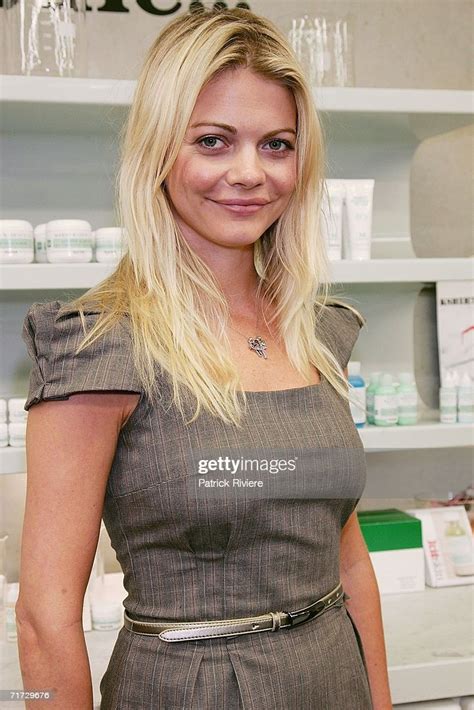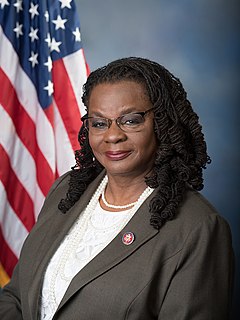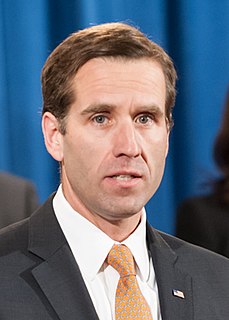A Quote by Unknown
The United Nations defines violence against women as any act of gender-based violence that results in, or is likely to result in, physical, sexual or mental harm or suffering to women, including threats of such acts, coercion or arbitrary deprivation of liberty, whether occurring in public or in private life.
Related Quotes
We must realize that violence is not confined to physical violence. Fear is violence, caste discrimination is violence, exploitation of others, however subtle, is violence, segregation is violence, thinking ill of others and condemning others are violence. In order to reduce individual acts of physical violence, we must work to eliminate violence at all levels, mental, verbal, personal, and social, including violence to animals, plants, and all other forms of life.
Although I haven't experienced violence in a relationship, I know that two women every week in England and Wales are killed by their partner or ex-partner, and that unless we act now, many more women will die because of domestic violence. We must speak out now against all forms of domestic violence, not only physical abuse but also the emotional, sexual and financial abuse which means that many women are afraid to be at home with their partner.
While religious fundamentalism is treated as a serious social problem because it has the potential to lead to rare but devastating acts of terrorism against the public, with a variety of programmes and interventions to address it, everyday violence against women occurring in the name of fundamentalism has long been neglected.
Violence against women continues to persist as one of the most heinous, systematic and prevalent human rights abuses in the world. It is a threat to all women, and an obstacle to all our efforts for development, peace, and gender equality in all societies. Violence against women is always a violation of human rights; it is always a crime; and it is always unacceptable. Let us take this issue with the deadly seriousness that it deserves.
I wish you would stop and seriously consider, as a broad and long-term feminist political strategy, the conversion of women to a woman-identified and woman-directed sexuality and eroticism, as a way of breaking the grip of men on women's minds and women's bodies, of removing women from the chronic attachment to the primary situations of sexual and physical violence that is rained upon women by men, and as a way of promoting women's firm and reliable bonding against oppression. . . .































